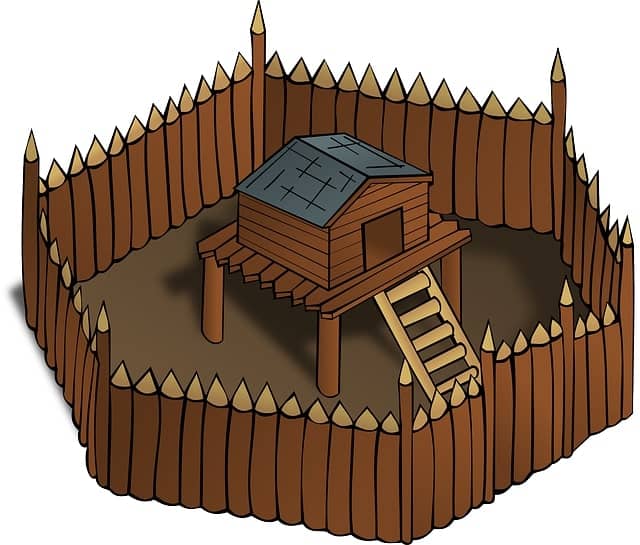What does bastion mean in Lord of the Flies? In William Golding’s Lord of the Flies, certain words and images help create the tense atmosphere of the boys’ struggle for survival. One important word that comes up is “bastion.” Understanding what “bastion” means in the novel can give us more insight into how the boys try to protect themselves and what places on the island represent safety or power as their society starts to fall apart.
What does bastion mean in Lord of the Flies?
In Lord of the Flies, the word “bastion” means a stronghold or fortification, which is a place where someone can feel protected and safe. Golding uses this term to describe parts of the island that provide security or defense, especially when the boys are looking for places to hide or build shelters.
One example comes from Chapter 1: “The rock was as hard as iron beneath their feet. The breeze moved through the long blue flowers on the mountain-top. This side of the castle, perhaps a hundred feet high, was the pink bastion they had seen from the mountain-top.” Here, Golding describes a rocky part of the island—later called Castle Rock—that stands out as a natural fortress.
By using “bastion,” Golding helps readers understand how certain locations on the island become points of safety, protection, or even control as conflicts between the boys grow. The word emphasizes both their need for security and their growing desire to defend themselves from each other.
What does the phrase “lord of the flies” mean?
The phrase “lord of the flies” is another name for Beelzebub, which is often used as a symbol of the devil or evil. In the novel, it refers to the pig’s head on a stick, which becomes a powerful symbol of the darkness and savagery inside the boys on the island. The title suggests that evil and chaos can take over when rules and order break down.
What does parried mean in Lord of the Flies?
In Lord of the Flies, “parried” means to stop or block a physical attack. Golding uses this word when describing how one boy defends himself against another’s blow, showing how their conflicts become more violent as the story goes on.
What does declivities mean in Lord of the Flies?
In Lord of the Flies, “declivities” means downward slopes or bends. Golding uses this word to describe the land on the island, helping readers picture how the ground drops away as the boys explore their new surroundings.
What do they call the island in Lord of the Flies?
In Lord of the Flies, the boys only ever refer to their location as “the island.”
What does the castle symbolize in Lord of the Flies?
In Lord of the Flies, Castle Rock symbolizes control and power. It becomes Jack’s stronghold, where he and his followers set up their own rules and defend themselves against the others. Castle Rock represents how the boys’ desire for authority and dominance takes over as their society on the island breaks down.
What does the ending of Lord of the Flies mean?
The ending of Lord of the Flies shows that the line between civilized order and human savagery is much thinner than we might like to believe. When the boys are finally rescued, it becomes clear how quickly they lost their sense of morality and order without adult guidance. The novel’s ending shows that when rules go away, everyone has instincts that can take over, making it hard to tell the difference between being civilized and being savage.
Conclusion
In conclusion, “bastion” in Lord of the Flies means a stronghold or fortification that offers safety and protection. Golding uses this word to show that the boys want to feel safe as things on the island get more dangerous and divided. The idea of a bastion reflects how the boys try to defend themselves, both physically and emotionally, as their society unravels on the island.
